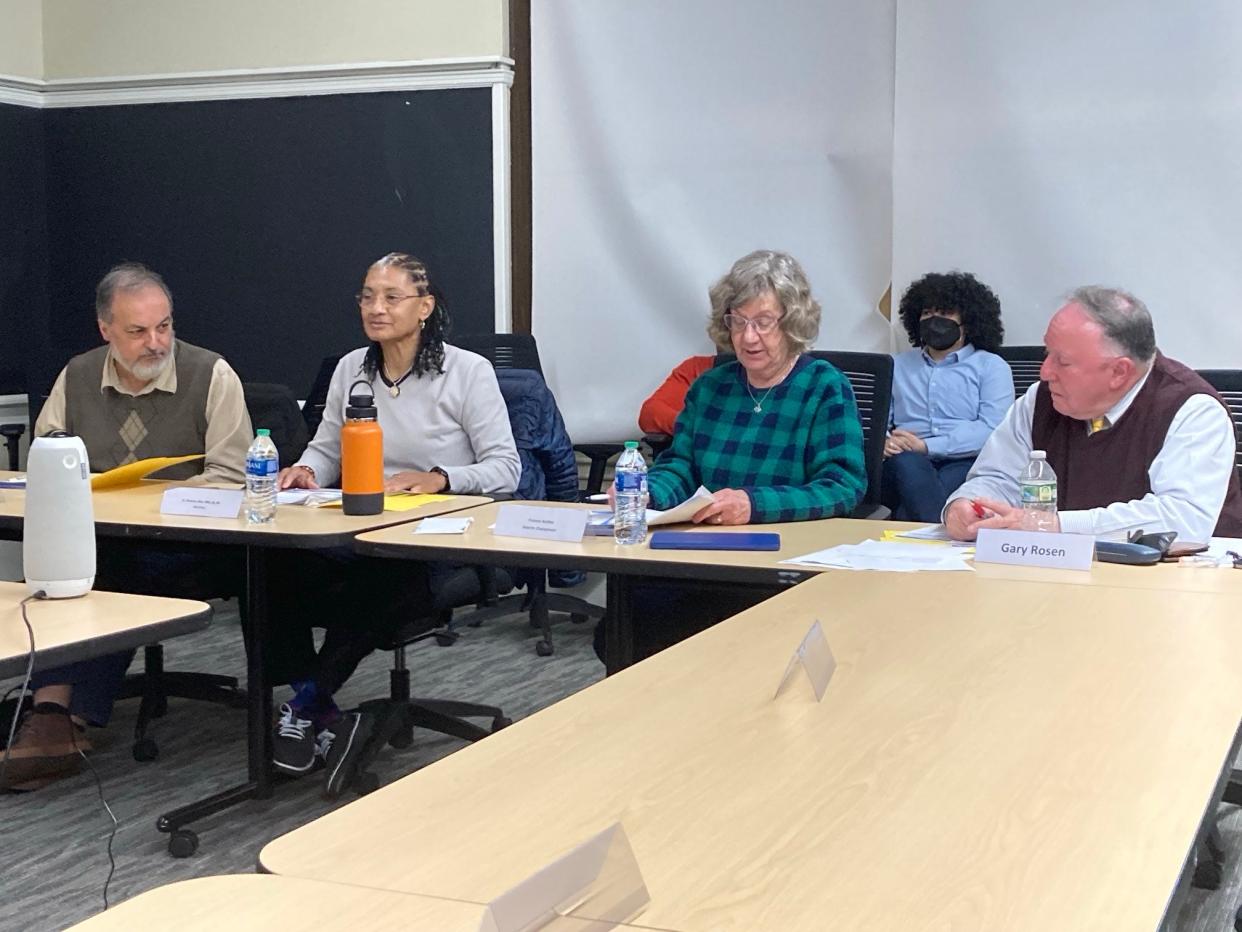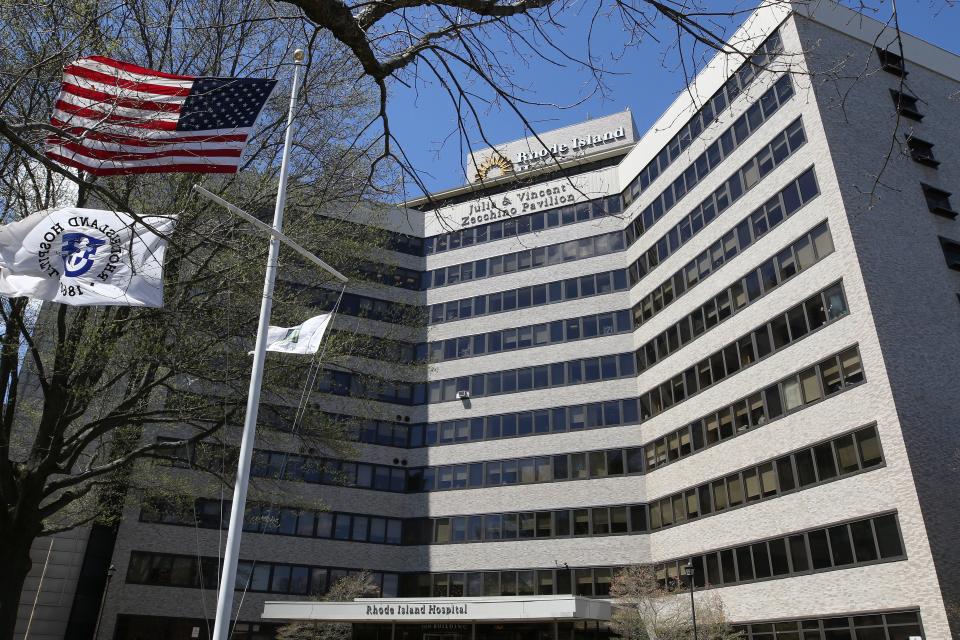How long before Worcester opens its first safe injection site? And where will it go?

WORCESTER ― The idea of overdose prevention centers is getting increased attention after the last week’s 4-0 vote by the city’s Board of Heath to create a pilot program, pending state approval.
Supporters say the centers, also known as safe injection or supervised injection sites, save lives because users bring illicit drugs to the facilities and use them while monitored by medical professionals. Many fatal overdoses happen when someone is using drugs alone.
Opponents believe the centers enable drug users. Besides, federal and Massachusetts law says the centers are illegal.
Worcester is the first municipality in Massachusetts to take the official step of endorsing a pilot program and the vote created many questions. When will the center come to Worcester? Will residents insist, “Not in my backyard”?
Who has the authority to open an overdose prevention center?
The Worcester Board of Health has the authority to create a safe injection pilot program.
The City Council voted 8-2 March 11, 2014, to authorize then-City Manager Edward M. Augustus Jr. to file special legislation at the Statehouse to change the Board of Health's power from advisory to regulatory. The Legislature approved the bill June 6, 2014.
Then-City Councilor Michael Gaffney filed a complaint of an Open Meeting Law violation with the attorney general's office. Gaffney claimed the council had illegally voted on the issue when it wasn’t on that night’s council agenda.
The AG’s office ruled no violation occurred.
Is city manager/City Council approval needed?
The answer appears to be no.
City Manger Eric Batista’s office cited pending state legislation in interpreting that city manager and City Council approval isn’t needed for an overdose prevention center to open and operate in Worcester. That legislation would authorize overdose prevention centers in the state under a 10-year pilot program and establish the legal and regulatory framework for the operation of these centers.
The city's interpretation of the bill is that the the Worcester Board of Health would approve an organization to operate the center, while the state Department of Public Health licenses the operation.
Despite the wording of the bill, input from Batista, the City Council and other community members is welcome, said Worcester health board member Gary Rosen.
"I think all four of us on the Board of Health would like to work with the city manager and the City Council," Rosen said. "We'd like to do that. We’d be much more effective. Going alone, it can be done, I think. But we're not as effective as having the elected and appointed officials working with us.”
Rosen added that public hearings would ensue because the board wants input from across the city.
Mayor Joseph M. Petty was not available for an interview, but issued a statement that made two points: State lawmakers need to weigh in and a broad community discussion is needed.
"The decision to implement this pilot program will have to go through the state legislation process before we can address the issue," Petty's statement said. "The City of Worcester is fully aware of the ongoing opioid crisis and we are working to address this on a daily basis. In the meantime, this program is something the City will continue to study and analyze for potential outcomes to make sure we are thoughtful in doing this, and I believe that we should have a greater discussion as a community."
Pending state approval: What does that mean?
The board's vote includes a qualifier — pending state approval — and there appears to be some uncertainty on this point.
Rosen thinks the state Department of Public Health will guide Worcester’s health board as it moves to select an organization to run a pilot program. Rosen’s fellow board member, interim chairwoman Frances Anthes, also didn’t appear to have a clear understanding of what state approval means.
"We approved (the pilot) on what appeared to be a public health response to really bad statistics,” for Worcester’s number of overdose deaths, said Anthes. “The logistics, who sets this up, what is required, how it will go...All these things are still to be figured out.”
State health department: Must it approve the pilot?
The state health department did not respond to the question.
A top state public health official said cities and towns can establish overdose prevention centers without state lawmakers passing a bill to legalize them. Deirdre Calvert, director of the Bureau of Substance Addiction Services at the state Department of Public Health, delivered that message to the board before its 4-0 vote.
“If a municipality wants to go forward, then the Department of Public Health is behind them,” said Calvert.
A review of the state health department’s 2023 Overdose Prevention Center Feasibility Report shows the department supports overdose prevention centers in Massachusetts as a tool to save lives.
However, the department believes state legislation is needed to protect those associated with the centers from potential civil and criminal penalties since they're currently illegal under federal and Massachusetts law.
Absent state legislation, there is a way forward, according to the feasibility study. The state health department could revise licensing boards’ regulations. It could also issue guidance or a waiver that says a professional licensing board will not enforce certain provisions as they relate to overdose prevention centers.
There is precedent for licensing board input.
“This is not without precedent,” the feasibility study said. “DPH (the Department of Public Health) and BORIM (the Board of Registration in Medicine) were recently required via executive order to issue guidance regarding the provision of reproductive health care services 'provided that any such use, prescribing, dispensing, or administration is done in accordance with the acceptable standards of care and utilizing sound medical judgment.'”
What about NIMBYism?
Rosen said there's no doubt some city residents will speak out against a pilot program in their neighborhood.
“Siting is probably the most difficult part of opening a supervised injection site,” said Rosen.
In Rhode Island, where the first state-regulated overdose prevention center is expected to open this summer, addressing neighborhood concerns was involved in finding a site.
“We had several years to engage with neighborhood residents,” said Annajane Yolken, director of strategy at Project Weber/RENEW. The organization is teaming up with VICTA to open the center next to Rhode Island Hospital.

State lawmakers approved the center in 2021 and the Providence City Council voted last month to greenlight the location. The state health department will regulate the center.
To build community support, outreach included meetings with residents, neighborhood associations, one-on-one meetings with city councilors and door-to-door canvasing. What helped lighten concerns, said Yolken, was research from the Brown University School of Public Health that showed crime rates don’t increase in areas around the centers.
In addition, the site is in an area that is largely removed from residential neighborhoods.
“We knew a non-residential community was better for establishing positive relations with the neighborhood,” said Yolken. “We recognized people don’t want to live next to a supervised injection site.”
The center will occupy 13,000 square feet on the ground floor of a two-story, 20,500-square-foot building. It’s a rental, with the goal of ownership, and Yolken said the operators will sublet the top floor to a partner organization that she declined to name.
Some of Rhode Island’s opioid settlement money will fund most of the center’s services. Donations and private foundations also supply funds.
Two years to open a pilot in Worcester?
Rosen thinks it could take that long. There's the protracted slog of public hearings, accumulating perspectives from various constituencies and weighing all the data to select a location that works for Worcester.
"Someone might say that's a long time, and it is, but if we hadn't taken (a vote) a few days ago, it might be three, four or five years," said Rosen. In a later interview, Rosen said, "Let's study it, let’s plan it and let’s do it."
Contact Henry Schwan at henry.schwan@telegram.com. Follow him on Twitter @henrytelegram
This article originally appeared on Telegram & Gazette: Worcester moves toward opening safe injection site. Where will it go?

